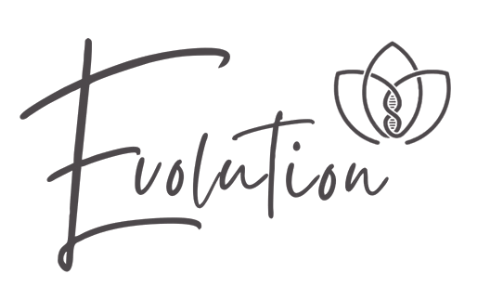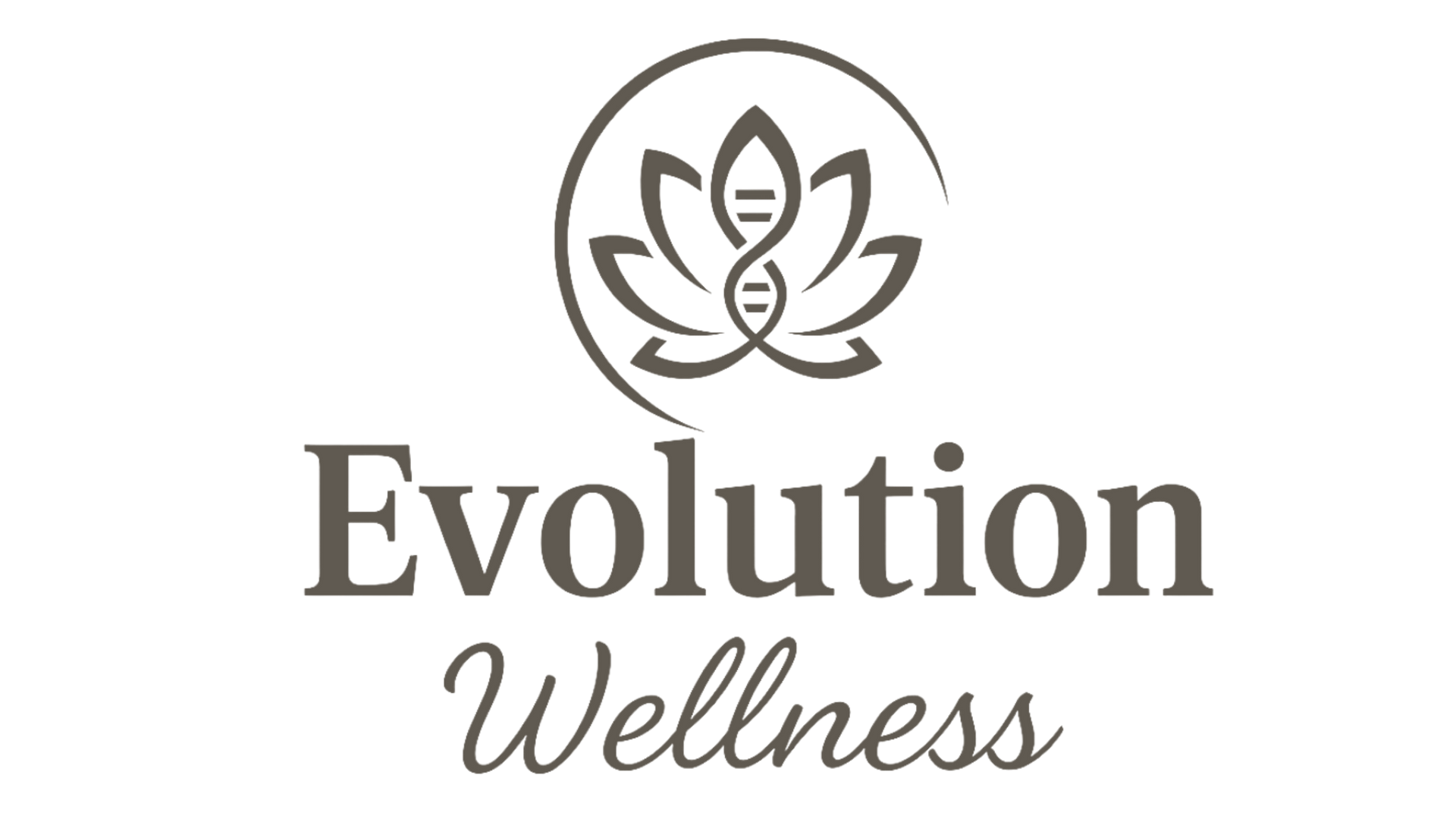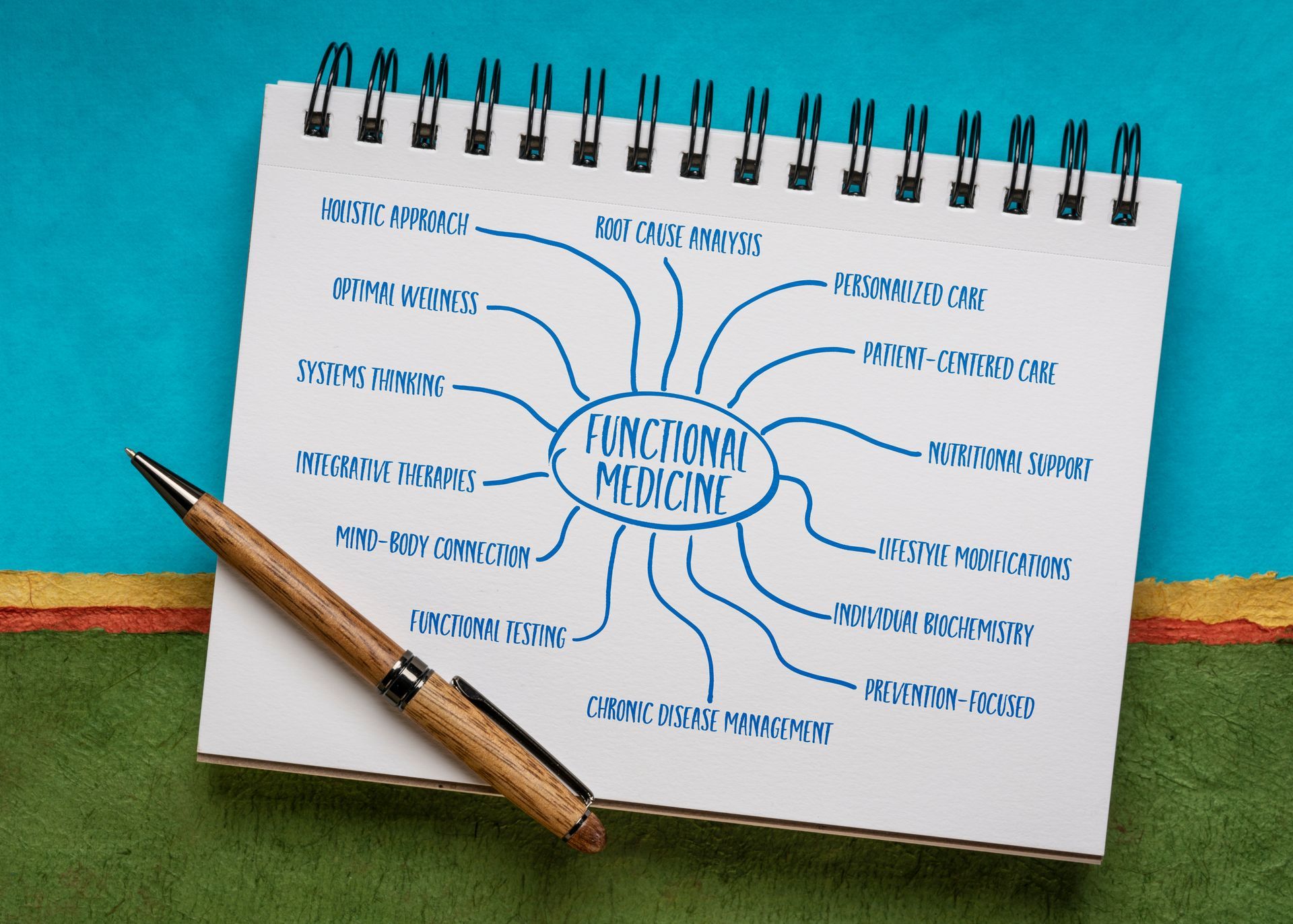Understanding Women’s Hormones: A Guide to Balance, Health & Vitality
Understanding Women’s Hormones: A Guide to Balance, Health & Vitality
Hormones are the body’s chemical messengers, influencing everything from your mood and metabolism to sleep, skin, and sex drive. For women, hormonal balance is especially crucial—yet often misunderstood or overlooked in traditional healthcare settings. Let’s break down the basics and explore how you can support optimal hormone health at every stage of life.
Key Hormones That Impact Women’s Health
- Estrogen
Often called the “female hormone,” estrogen is responsible for reproductive development, menstrual cycles, bone density, and even heart health. Too much or too little can lead to symptoms like heavy periods, hot flashes, anxiety, and weight gain. - Progesterone
Known as the calming hormone, progesterone helps regulate your cycle, supports pregnancy, and balances the effects of estrogen. Low levels can contribute to PMS, irregular cycles, infertility, and sleep disturbances. - Testosterone
Though typically considered a male hormone, women need it too—for energy, muscle tone, libido, and cognitive sharpness. Low testosterone can lead to fatigue, brain fog, and low sex drive. - Thyroid Hormones (T3, T4)
Your thyroid regulates metabolism, temperature, and energy. When sluggish (hypothyroidism), it can cause weight gain, hair thinning, depression, and cold sensitivity. - Cortisol
Your primary stress hormone. Chronic stress and poor sleep can cause cortisol dysregulation, leading to fatigue, belly weight gain, anxiety, and poor immune function. - Insulin
This blood sugar-regulating hormone can become imbalanced with poor diet or stress. Insulin resistance can drive weight gain, PCOS, acne, and inflammation.
Signs Your Hormones Might Be Out of Balance
- Irregular or heavy periods
- Fatigue or “wired but tired” feeling
- Mood swings, anxiety, or depression
- Acne or skin changes
- Brain fog or memory issues
- Weight gain (especially in the midsection)
- Low libido
- Sleep disturbances
- Hair thinning or loss
When to Test Your Hormone
Testing is most accurate when symptoms are present and should include a combination of blood and saliva testing to assess:
- Estrogen, progesterone, and testosterone
- Thyroid markers (TSH, Free T3, Free T4, TPO antibodies)
- Fasting insulin and glucose
- Cortisol (ideally a 4-point salivary test)
Tips to Support Hormone Balance Naturally
- Eat real, whole foods—focus on protein, healthy fats, and fiber
- Prioritize sleep—aim for 7–9 hours of uninterrupted rest
- Manage stress—daily movement, deep breathing, and saying “no” when needed
- Limit toxins—avoid plastics, synthetic fragrances, and pesticides
- Move your body—lift weights, walk often, and stay active
- Support your gut—digestion and microbiome health are key for hormone detox
Final Thoughts
Hormone imbalances are not just a “normal part of being a woman.” They are signals that your body is out of sync and asking for support. With the right testing, a tailored plan, and lifestyle adjustments, hormone balance is achievable—often without synthetic medications.
If you’re struggling with any of the symptoms mentioned, don’t wait. Seek care from a provider who understands the full picture—your hormones, your story, and your goals.





